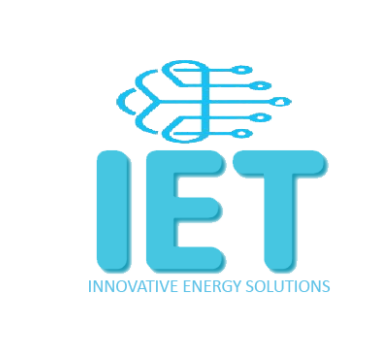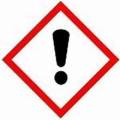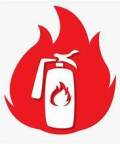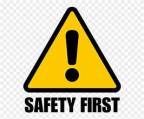PT. INDO ENERGY TEKNIKO
Innovative Energy Solutions

PRODUCT & SERVICES

HAZARD IDENTIFICATION & RISK ASSESSMENT CONSULTING
PT INDO ENERGY TEKNIKO has extensive expertise base in the areas of Hazard identification and Risk assessment studies.

FIRE FIGHTING SYSTEM & FIRE PROTECTION SYSTEM
As one of the leading organizations in the field of safety and risk analysis, PT INDO ENERGY TEKNIKO is uniquely placed to offer Fire Fighting System and Fire protection System equipment complete solution

SIL CLASSIFICATION & VERIFICATION
A SCV program is designed to achieve or maintain a safe state of the process or mitigate consequences, in response to a specific upset scenario.
COMPLETE INDUSTRIAL DESIGN SOLUTIONS
--
INDUSTRIAL PLANT , FACILITY LAYOUT DESIGN
- PIPING & INSTRUMENTATION DRAWINGS, DETAIL FABRICATION DRAWINGS
- STRUCTURE DRAWINGS, INSTALLATIONS PROCEDURES
- BILL OF QUANTITY, PIPING SPOOLS
- ELECTRICAL PANEL, CABLES, WIRING, INSTRUMENTS, BOM
- TANK DESIGN WITH ASME Section VIII, API, Design Codes
- STRESS ANALYSIS using ANSI, ASME, European std.
- EXISTING PIPING SYSTEM Installations and Modifications
- VESSEL DESIGN, HEAT EXCHANGERS, STEAM BOILERS, WATER HEATERS
FERA (FIRE & EXPLOSION RISK ANALYSIS)
The objective of FERA study is to calculate consequences of hydrocarbon release, fire and explosion hazards. This with reference to an impairment criteria is used to optimize the location of fire & gas detection system, fire fighting system and verifying the over pressure loads for structures and decks against the expected explosion hazards.
QRA (QUANTITATIVE RISK ASSESSMENT) STUDY
Quantitative Risk Assessment (QRA) is a valuable tool for determining the risk from hazardous activities of facility or operation.
STRUCTURE DESIGN & SIMULATION
Structural analysis is the determination of the effects of loads on physical structures and their components. Structures subject to this type of analysis include all that must withstand loads, such as buildings, bridges, support columns and beams. Structural analysis employs the fields of applied mechanics, materials science and applied mathematics to compute a structure's deformations, internal forces, stresses, support reactions, accelerations, and stability. The results of the analysis are used to verify a structure's fitness for use, often precluding physical tests. Structural analysis is thus a key part of the engineering design of structures.

